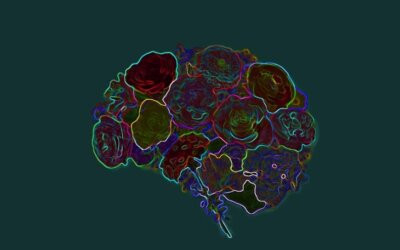Therapy is a bit like cleaning out the garage, where the garage contains a lifetime of thoughts, beliefs, emotions, and experiences. The garage is a mess. You know what’s in some of the boxes (e.g. camping equipment) but you’re afraid to open others. Some are neatly labeled. But you’re not sure the labels are accurate. You know what some of the things you’re afraid of are that you have been avoiding dealing with (e.g. wedding photos of you and your ex-wife). You suspect there are other equally dreadful things, or even worse, that will pop out at you if you start poking around (e.g. the baseball from your childhood that reminds you of your childhood bully that you forgot you kept). You know you can’t face all this on your own.
Seeking out therapy is like the first step in cleaning out the garage. With your therapist as a compassionate witness and guide, you take everything off the shelves and start opening boxes. Some boxes have a troublesome unlocking system that your therapist is an expert at and will guide you through. Before you know it, you are surrounded by all kinds of things you forgot you had. The skates are packed in the same box as the camp stove and your deceased grandfather’s pipe collection. It looks like a mess. Looking around, you feel overwhelmed. Your therapist helps you examine the contents, sits with you when the dreadful thing pops up, marvels with you at the unexpected treasures, and helps you weigh each item and make decisions. You figure out what to toss, what to keep, how to pack the things you keep up and properly label them, and what dear treasures to bring into the house and display on the mantelpiece (grandpa’s pipe collection, perhaps?).
If you only want to open up one box at the front of the garage, this process may only take a few weeks or months. Sometimes, a huge difference can be made without opening the boxes at all just by examining the labels and moving things around. Some people are organizing a shed and others have a massive warehouse that they share with other people. If someone else wants you to clean up the garage and you don’t want to, we can wander through the boxes until you change your mind and get to work or we call it a day. You’ll be ready in your own time.
Connecting
The Dots
How does therapy work?
Therapy is a bit like cleaning out a cluttered garage – your life.
An experienced therapist will help to:
Guide you through unlocking troublesome issues.
Examine and weigh these issues to help you make decisions.
Compassionately work at your pace, step by step, to lessen your anxiety and feelings of being overwhelmed.



